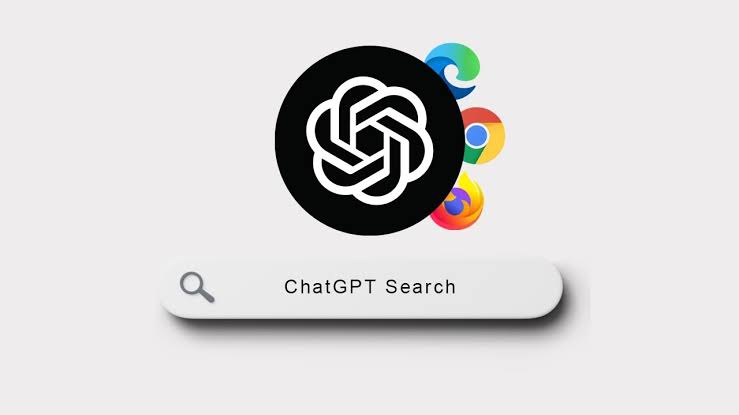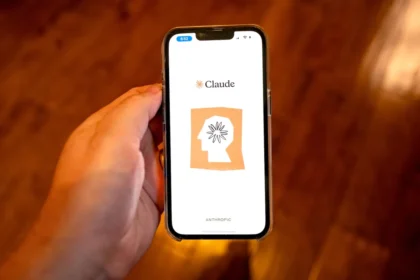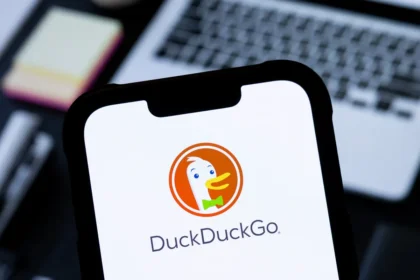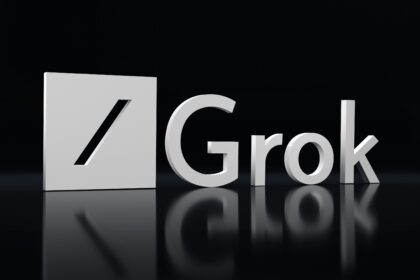Accidentally Public? People Are Sharing Their ChatGPT Secrets, And Google Is Snitching
Here’s a fun party trick you shouldn’t try: Google site:chatgpt.com/share, and voilà, you will find all kinds of conversations people have had with ChatGPT. From bathroom renovations to resume rewrites, to someone asking if microwaving a metal fork is a good idea (spoiler: still a terrible idea), it’s a window into people’s late-night thoughts, awkward questions, and job-hunting heartbreaks.
Some of it’s helpful. Some of it’s harmless. Some of it’s… deeply personal and arguably not meant for your curious little eyeballs.
That’s because these shared ChatGPT chats aren’t public by default. You only get one of those “https://chatgpt.com/share/…” links if you actively click Share, then click Create link, and then, if you want to, toggle the “Make this findable” option. Seems deliberate, right?
Well, it is. But here’s the kicker: Once someone does that, Google and other search engines might index the link, meaning it could start popping up in search results. And that’s how a random stranger’s ChatGPT-assisted resume, complete with details that lead right to their LinkedIn, ends up on the internet for all to see.
Related: OpenAI Rolls Out Study Mode in ChatGPT: Built to Help You Learn Smarter
According to OpenAI, this was part of an “experiment” to make shared chats easier to find. That experiment is now over, but not before the web gobbled up a bunch of oversharing links that people probably didn’t expect to become Google-searchable forever. To be fair, this is not new. Google has long indexed shared Google Drive files if they’re linked somewhere public; it’s just that people don’t often think of a shared link as “public,” even when it technically is.
Google’s stance? “We don’t make the content public; the publishers do.” OpenAI’s stance? “We gave users control, but yeah, that link can be found if you said yes.”
So if you have ever shared a ChatGPT convo with something like:
“Dear ChatGPT, please help me write a breakup text to my situationship.”
…just know it might be out there.
Tech keeps offering “sharing features” while quietly letting your digital laundry flap in the search-engine breeze. The real question is: Do we actually understand what public means anymore in the age of AI?







